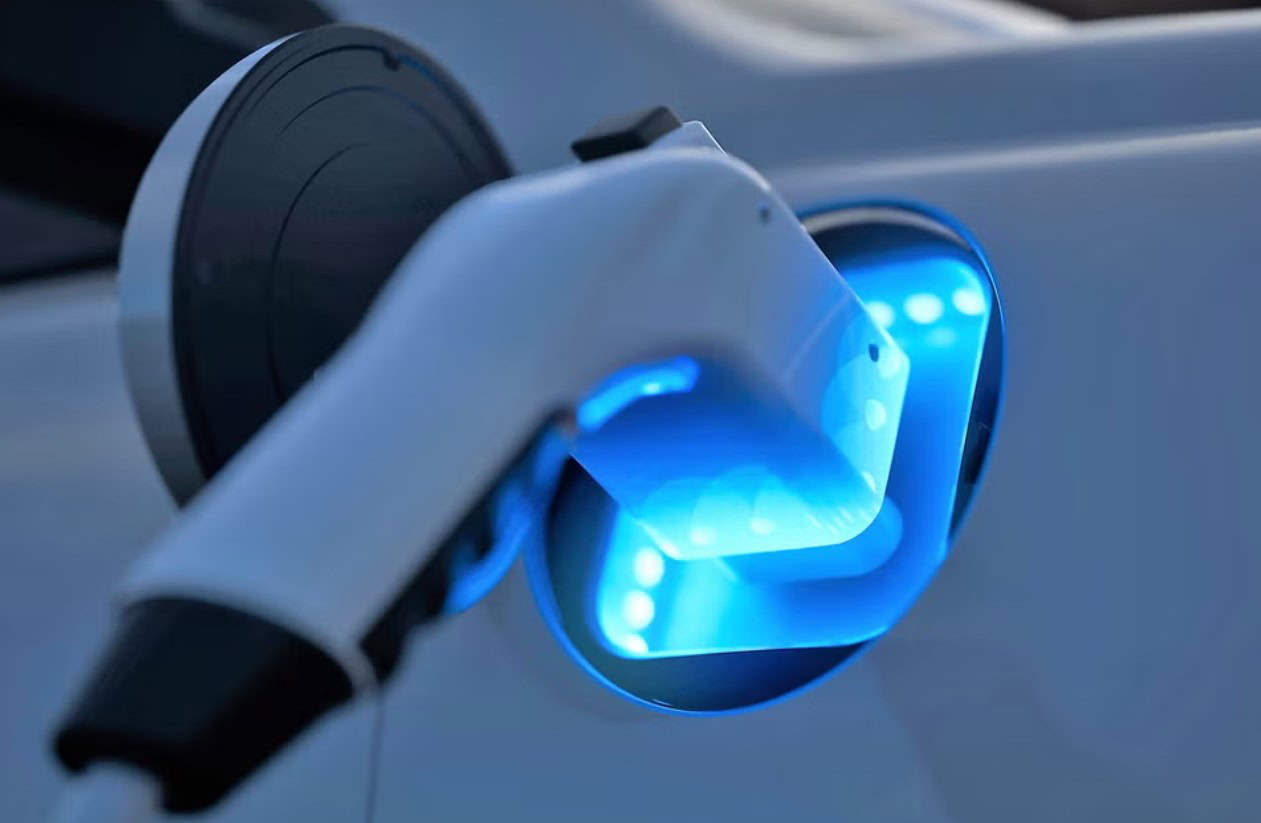The world’s largest battery maker has launched what it claims is the first ever “superfast charging” battery capable of delivering 400 kilometres (249 miles) of range from just a 10 minute charge.
China’s Contemporary Amperex Technology Limited (CATL) said its new lithium-ion battery would open up a new era for electric cars and eliminate range anxiety for owners.
On a full charge, the battery holds enough charge to travel over 700 km without needing to recharge – roughly 60 per cent further than the average electric vehicle in 2023.
CATL said the increase in battery capacity and charge time was achieved through a “brand-new superconducting electrolyte formula” that results in improved conductivity.
“The future of the EV battery technology must remain steadfastly anchored at the global technology frontier, as well as the economic benefits,” said Dr Wu Kai, chief scientist at CATL.
“As EV consumers shift from pioneering users to ordinary users, we should make advanced technology accessible for all and enable everyone to savour the fruits of innovation.”
CATL, which manufactured more lithium-ion batteries than any of its competitors in 2022, plans to begin mass production of its next-generation battery later this year.
The company did not reveal which automakers would be the first to receive the batteries, though its customers include BMW, Daimler AG, Honda, Tesla, Toyota, Volkswagen and Volvo.
Electric car sales have experienced record-breaking growth in recent years, with more than 10 million sold last year, however they still account for less than a fifth of all car sales.

